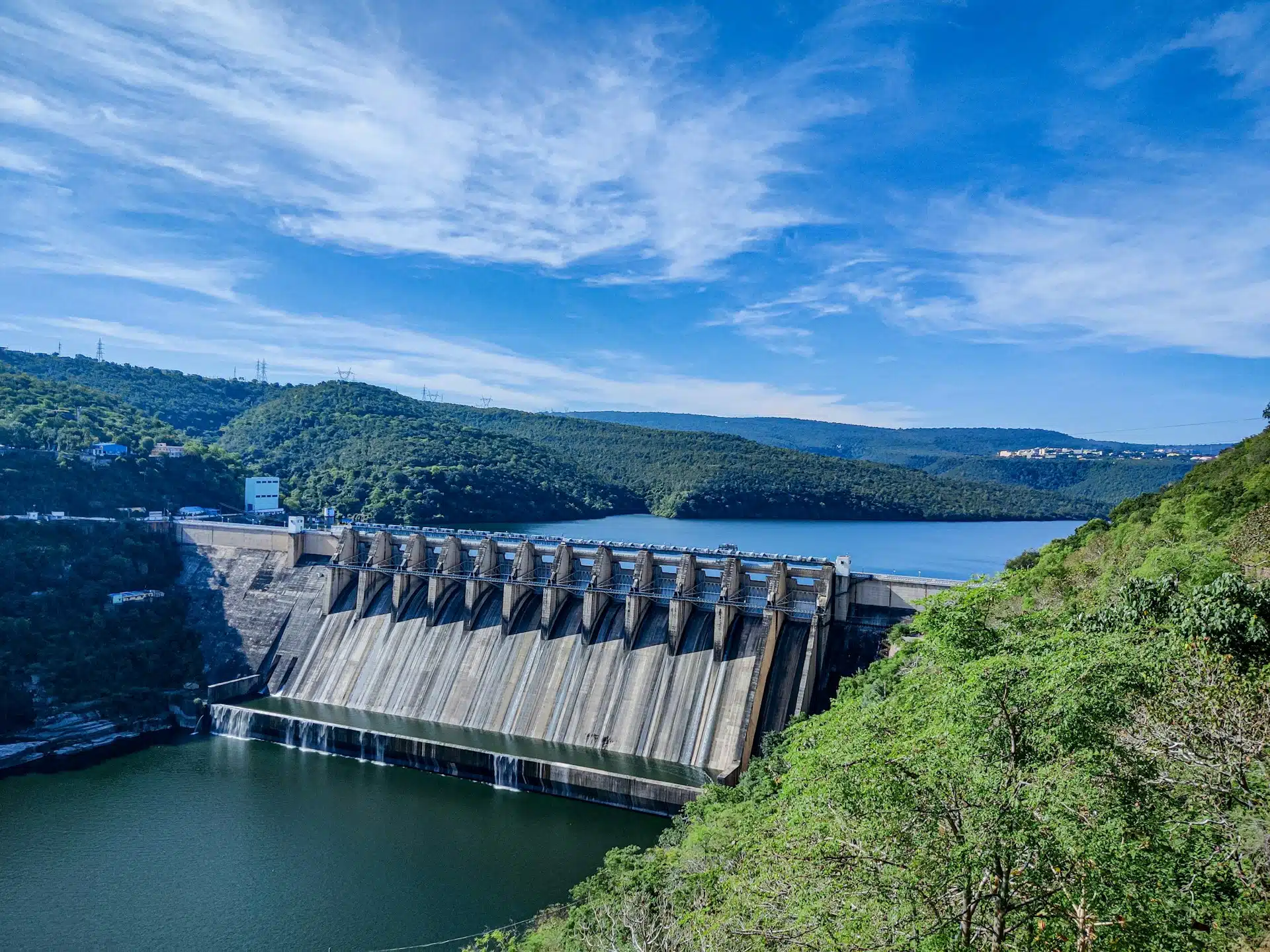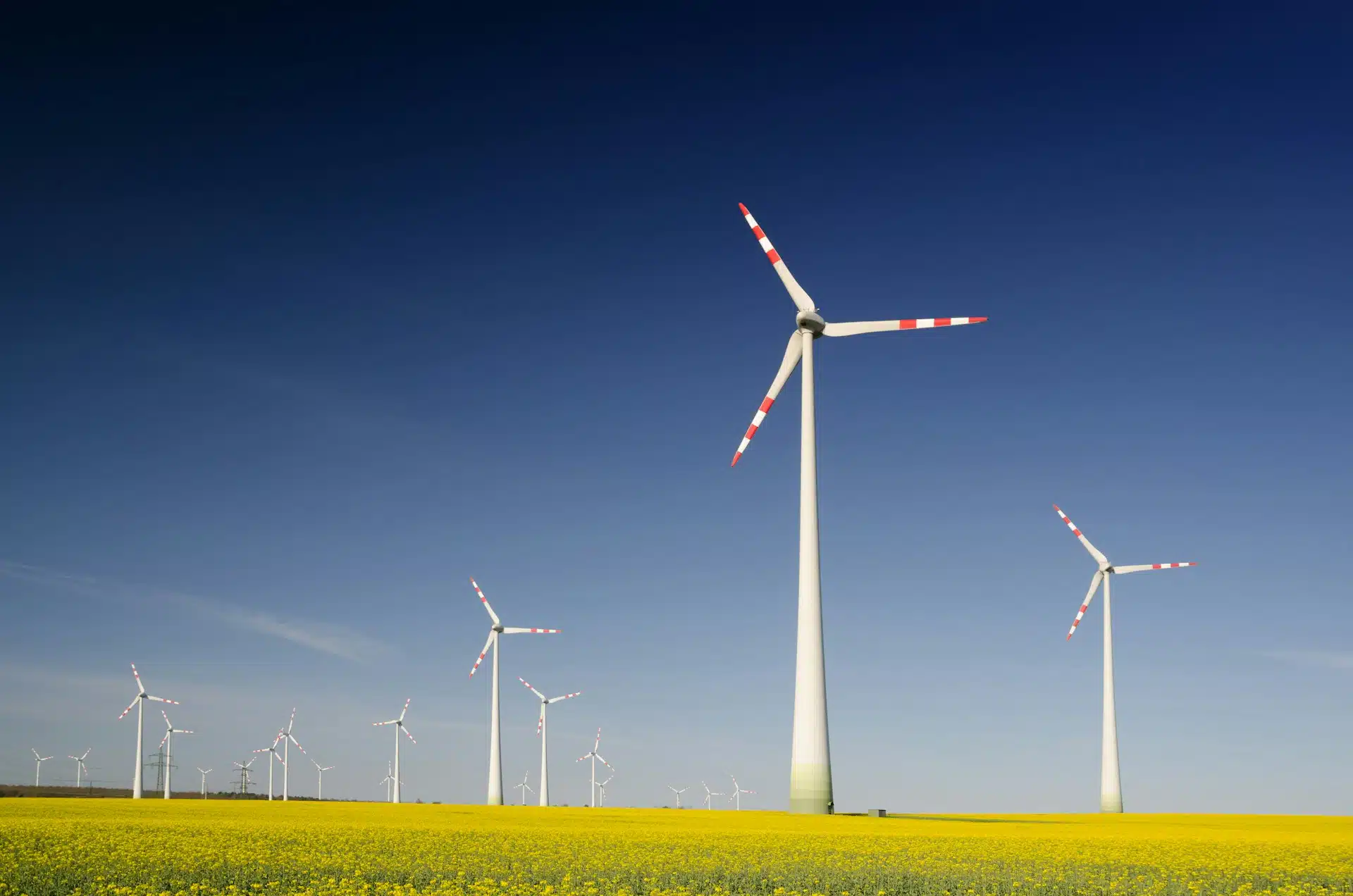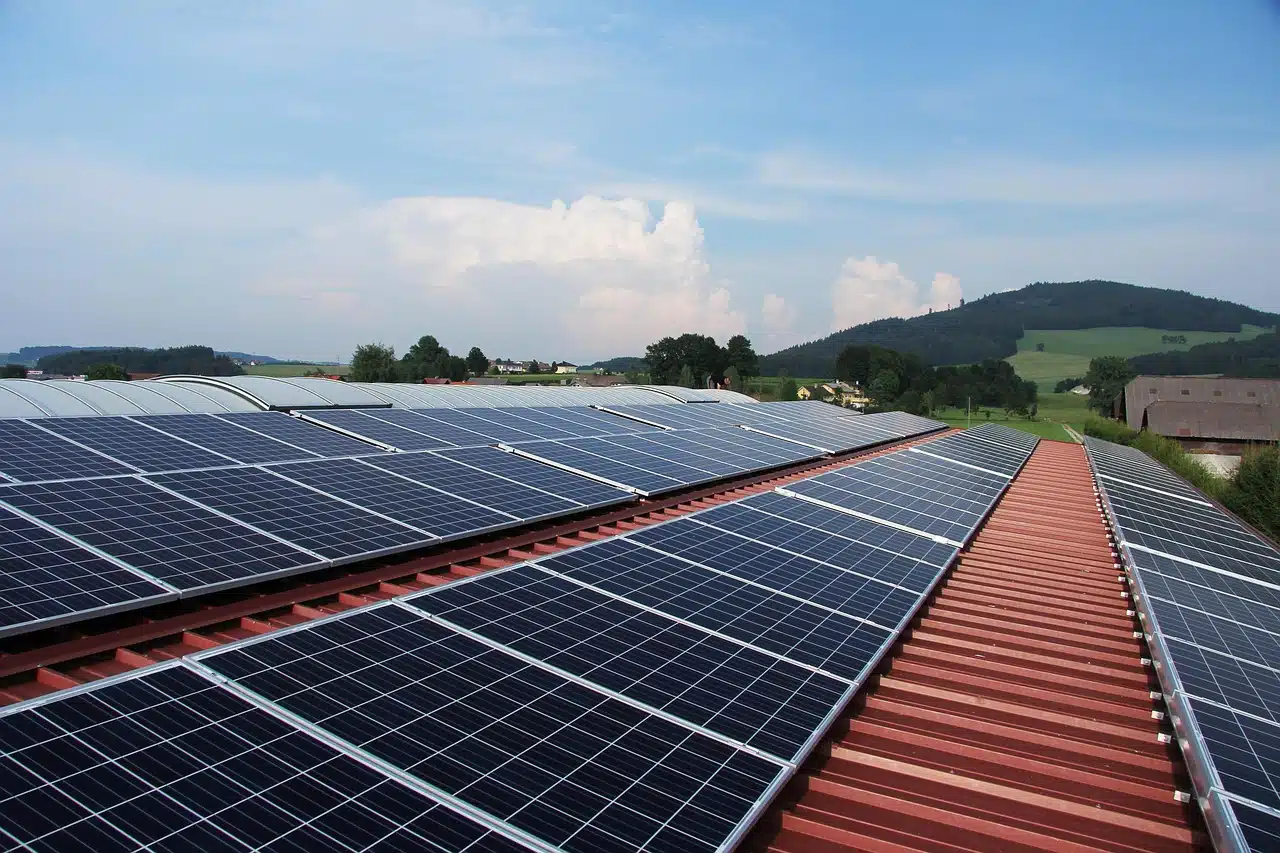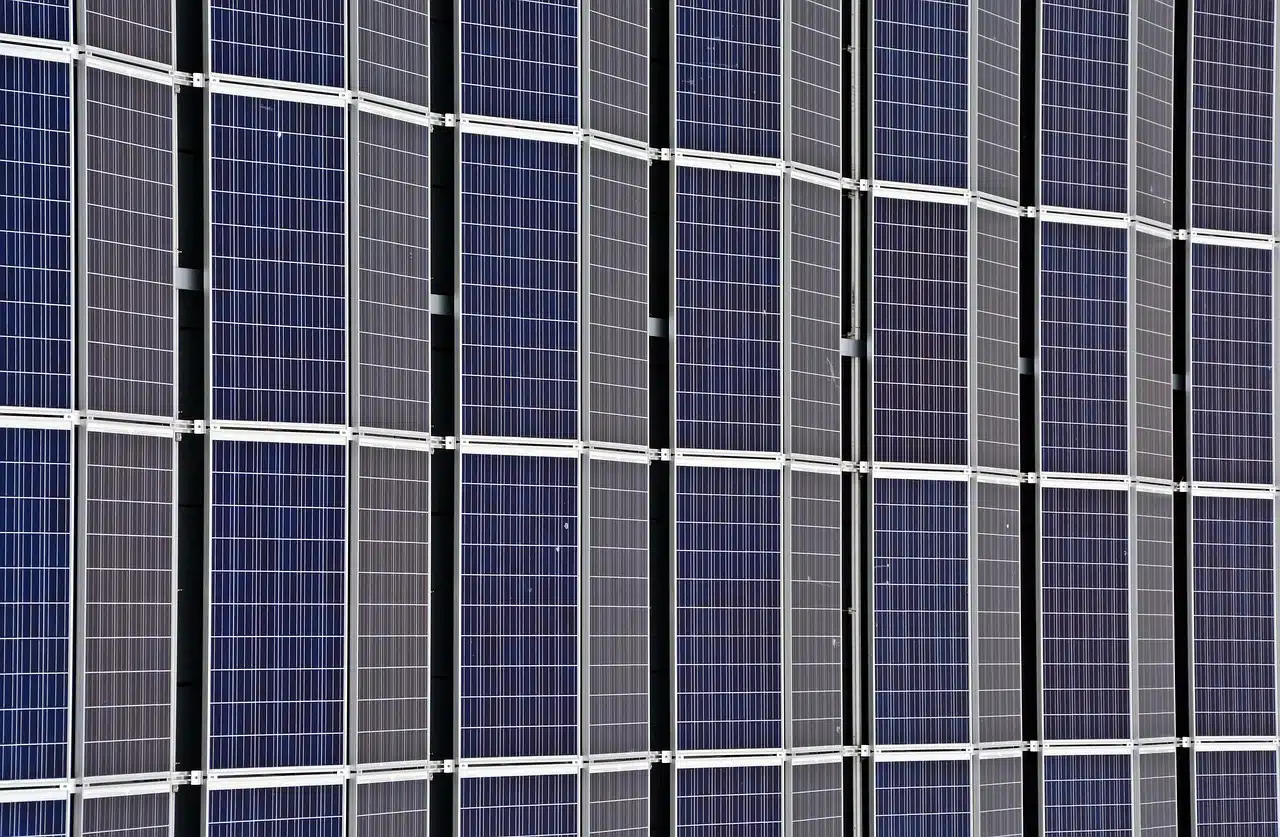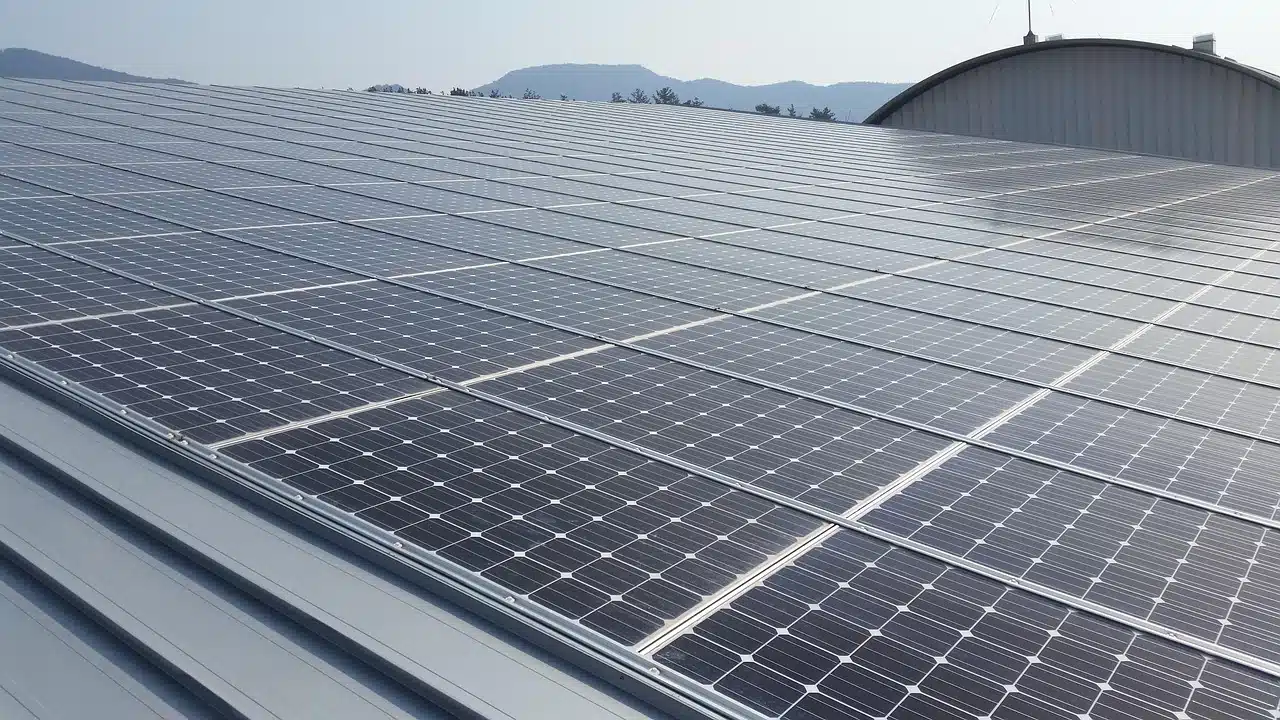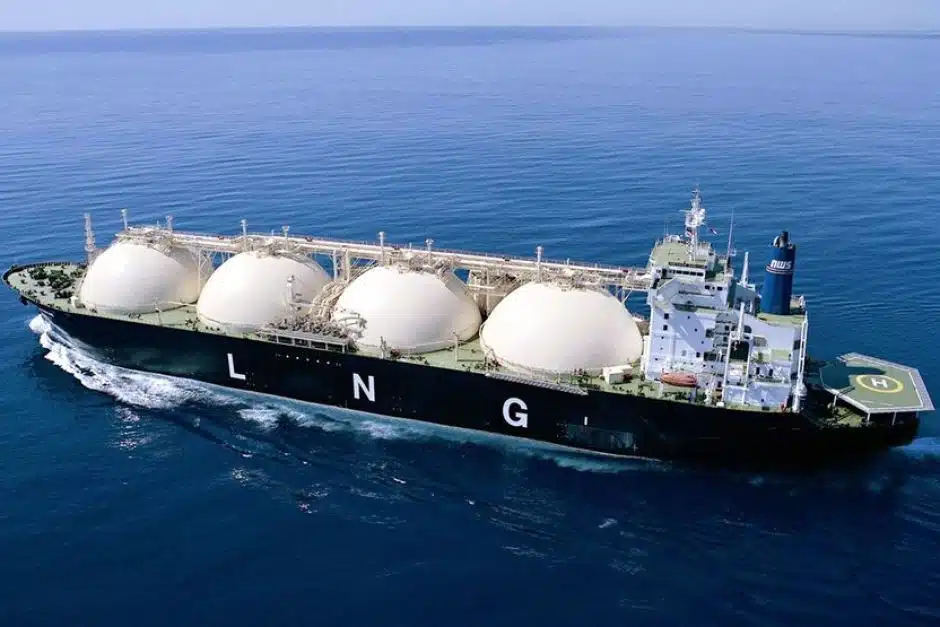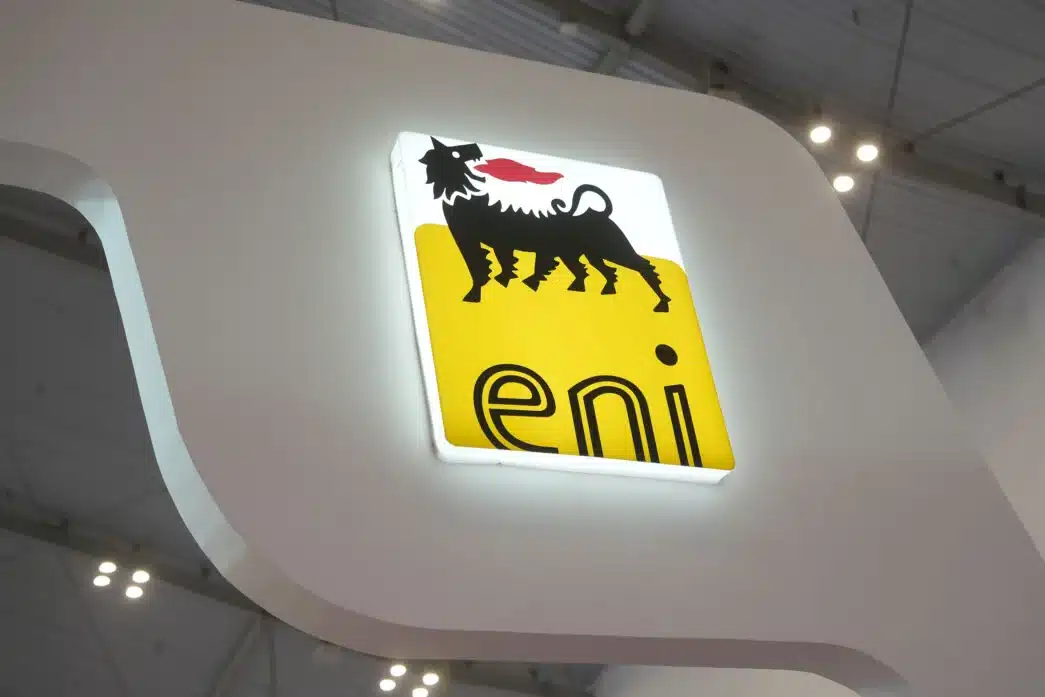The Cahora Bassa Hydroelectric Plant (HCB), Mozambique’s largest hydroelectric power producer, has begun distributing €102.6 million ($114 million) in dividends to its shareholders.
According to HCB’s official notice, the payout of 0.28 meticais ($0.0044) per share, which started on May 12, 2025, shows the company’s operational performance and strategic management of the Cahora Bassa dam, which is Africa’s fourth-largest hydroelectric facility.
Shareholders can confirm receipt of dividends at banking institutions from May 12, 2025, the notice states.
The dividend share is the result of the resolution of the company’s general meeting held on 21 April.
HCB operates the Cahora Bassa dam, which generates 2,075 MW of electricity, supplying power to Mozambique, South Africa, and other regional markets.
The Cahora Bassa reservoir has a maximum length of 270 kilometres and 30 kilometres between banks, occupying 2,700 square kilometres and an average depth of 26 metres, with almost 800 workers.
HCB Profits increase in 2024
In the 2024 financial year, HCB earned a profit of 14.1 billion meticais ($220 million), nearly an 8.5% growth compared to 2023, “being the largest profit in the history” of the company.
The “combined corollary” of the total production generated in 2024 was 15,753.52 GigaWatt-hours (GWh), and an adjusted tariff for the sale of energy abroad.
HCB is a private limited company.
Where the state-owned Companhia Elétrica do Zambeze owns 85% of the shares, REN holds 7.5%, the company retains 3.5%, and Mozambican citizens, companies, and institutions own the remaining 4%, according to the Club of Mozambique report.
“Despite the hydrological restrictions, HCB, through careful and judicious management, managed to achieve, in 2024, financial results worthy of note, being the largest in its entire history.
This is how, on the net results, the dividend of 52.55% was approved by the ordinary general meeting,” explained chairman of the board of directors Tomás Matola in a note on the approval of the report and accounts.
According to Lusa News Agency, HCB’s financial success could encourage similar hydroelectric projects across Africa, where energy demand is projected to grow by 3% annually through 2030.

